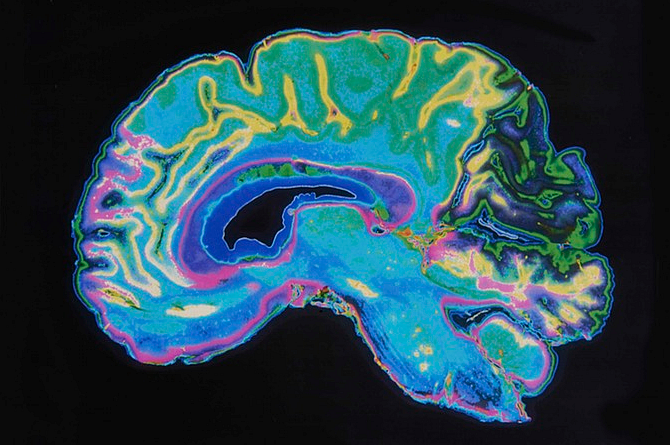Some point at this time last year, I was in a phase where I suddenly started blanking out on conversations, forgot birthdays, had difficulty in concentration. I perpetually had no idea where my phone, keys or even my baby was! And I continually felt like killing the person who asked, “Where did you last see it?” Idiot, I don’t know, that’s why I can’t find it!
Having been a health journalist for long, I’ve lived through the diseases I covered and I was positive it’s the start of a memory decline.
No kidding! In rare cases, Alzheimer’s does strike people in their twenties and thirties, and women are more prone to it.
Believe it or not, at 29, I went to a neurologist wondering if I’m slipping into oblivion. Given the level of my concern, and media background, the doctor conducted a full-blown neurological assessment of my cognitive abilities. The dozen measures of IQ and memory scales, naming tests, oral word association tests and complex calculations.
The result: reassurance and relief. I was diagnosed with a typical case of motherhood (fatigue, forgetfulness, inability to concentrate).
Fears of memory issues are common, especially when we start misplacing things and start mixing up names and forgetting important occasions. But when does an ordinary memory lapse indicate something more serious, like early Alzheimer’s disease or another form of dementia?
What’s Normal, What’s Not

Misplacing keys is normal; forgetting what they are for is dementia.
Forgetting a person’s name is normal; not remembering knowing the person is not.
Forgetting to turn into a familiar street is normal; becoming easily disoriented or lost in familiar places for hours is not. These lines are distinct for most of us, but in early dementia patients, it can be tricky to tell. But watch-out for these warning signs:
Memory loss disrupts your daily life
What’s normal: A typical age-related change would be to forget names or social events and freak out later.
When to seek help: When there is a complete blackout. You just can’t seem to recall that you invited your friends to come over for dinner. You keep asking the same information over and over again.
Confusion with time or place
What’s normal: Wondering how it’s already September; didn’t I just celebrate the New Year! Getting confused about the day or the date and not being able to recall it, is typical.
When to seek help: Losing track of dates, seasons and the passage of time; forgetting where you are or how you got there.
New problems with words in speaking or writing
What’s normal: Having trouble finding the right word.
When to seek help: Pausing every three or four words, screwing your face in concentration and gasping for words, calling things by the wrong name.
Misplacing things and losing the ability to retrace steps
What’s normal: Misplacing things from time to time, such as a pair of glasses or the remote control.
When to seek help: Putting things in unusual places; losing things and being unable to go back over one’s steps to find them again; accusing others of stealing.
Decreased or poor judgement
What’s normal: Making a bad decision once in a while.
When to seek help: Using poor judgement when dealing with money; paying less attention to grooming, or keeping clean.
Changes in mood and personality
What’s normal: Developing very specific ways of doing things and becoming irritable when a routine is disrupted.
When to seek help: Becoming confused, suspicious, depressed, fearful or anxious; getting easily upset in places out of one’s comfort zone.
Why India Has a Low Alzheimer’s Rate

India has a 5 times lower rate of Alzheimer’s than America. Recently, scientists from the University of California found that a compound curcumin keeps the brain sharp and reduces Alzheimer’s symptoms by 30%. It is rich in antioxidants and effectively helps in removing plaque formation in the brain.
Now curcumin (not cumin) is a component of turmeric, which Indians have been using in cooking since centuries. However, it is not known if this is the sole reason for a healthier Indian brain.
Scientists recommend 500-1000 milligrams of turmeric consumption in a day, along with vitamin D supplements to keep the brain from fogging. Now one teaspoon of turmeric is roughly 200 milligrams – so it would be a good idea to switch to good old haldiwala doodh after dinner.
Also Read: Is Alzheimer’s a Woman’s Disease?
(For more stories on mental health, follow FIT)
(Have you subscribed to FIT’s newsletter yet? Click here and get health updates directly in your inbox.)
(At The Quint, we are answerable only to our audience. Play an active role in shaping our journalism by becoming a member. Because the truth is worth it.)
.jpeg?auto=format%2Ccompress&fmt=webp&width=720)